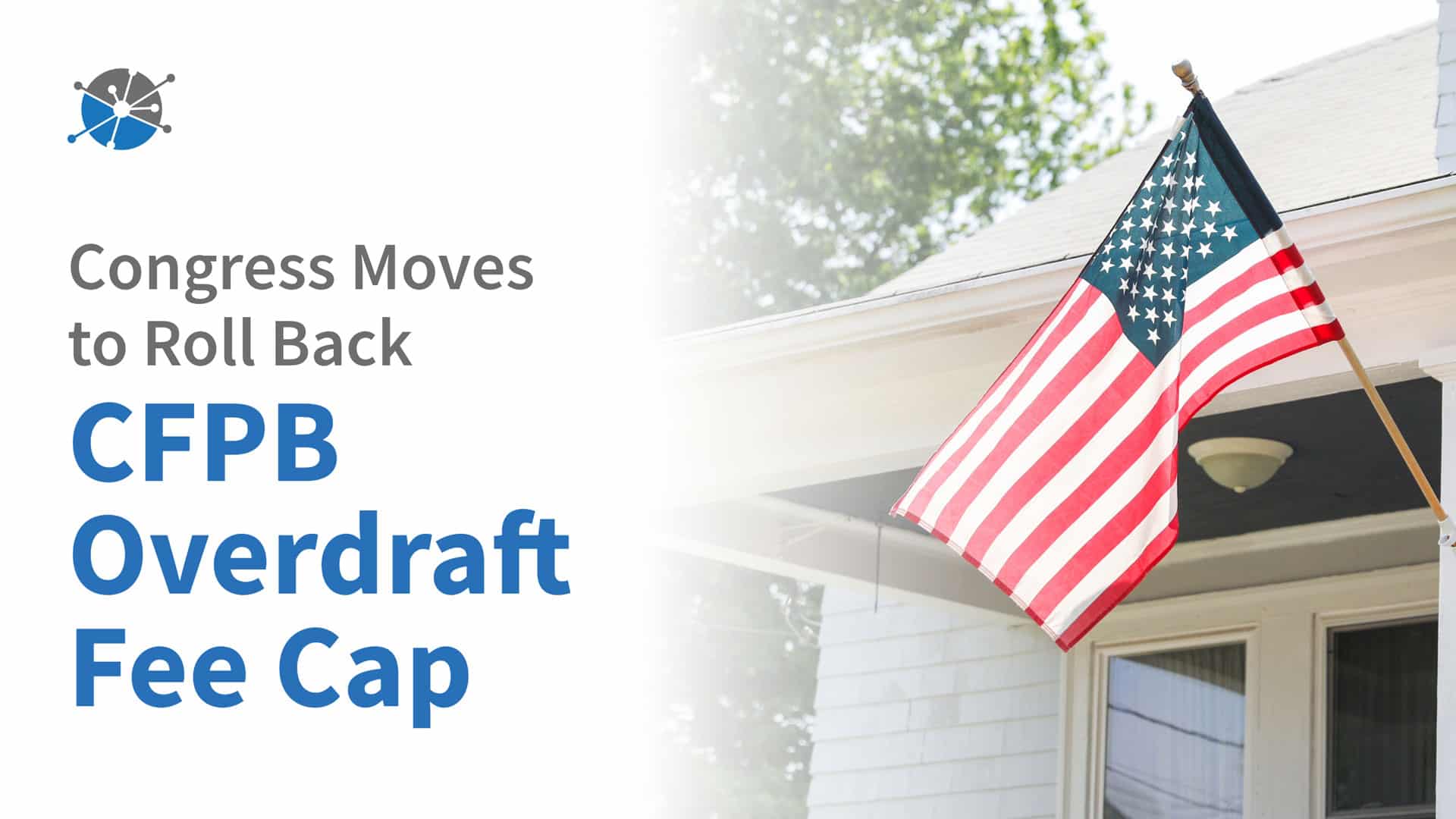
Congress Moves to Roll Back CFPB Overdraft Fee Cap
by Adam Parks
Efforts to reverse a major Consumer Financial Protection Bureau (CFPB) rule gained momentum as the U.S. Senate voted to repeal the agency’s $5 cap on overdraft fees.
The Senate passed the resolution, S. J. Res. 18, by a 52-48 vote, marking a significant step toward eliminating the CFPB rule under the Congressional Review Act (CRA). The measure, introduced by Senate Banking Committee Chairman Tim Scott (R-S.C.), would nullify the overdraft fee cap, which restricts large financial institutions from charging consumers more than $5 for overdrawing their accounts unless they can justify higher costs.
“Overturning the Biden CFPB’s overdraft fee structure is good for consumers,” Scott said during remarks on the Senate floor. Notably, Sen. Josh Hawley (R-Mo.) joined Democrats in opposing the repeal effort.
The overdraft cap—originally introduced as part of the administration’s broader campaign against so-called “junk fees”—has faced heavy opposition from the banking industry, which filed a lawsuit against the rule shortly after its finalization in December. At the same time, the House Financial Services Committee advanced a companion measure, H. J. Res. 59, led by Chairman French Hill (R-Ark.), in early March.
Under the CRA, Congress has a 60-day window to overturn federal regulations with a simple majority vote in both chambers and presidential approval. Rules finalized late in the previous session are eligible for review once the new session begins.
The CFPB’s rule would have applied to banks and credit unions with over $10 billion in assets. It aimed to reduce the average $35 overdraft fee many Americans face—an amount that often exceeds the overdrafted transaction itself. While some banks, including Bank of America, already cap their fees at lower levels, others like Citigroup and Capital One have opted to eliminate them entirely.
Consumer advocates argue the rule offered important protections. “The CFPB’s rule imposes reasonable limits that protect consumers from unfair fees while enabling banks to cover their costs,” said Chuck Bell of Consumer Reports. “Repealing the CFPB’s overdraft fee limits will hurt working families who are already struggling with high prices and inflation.”
But many within the financial services industry see the regulation as overreach.
Gerald Lewis, Owner and President of Plaza Services, LLC, weighed in on the issue:
“Clear and consistent financial regulation is critical—but it must also be balanced,” Lewis said. “Rules that limit flexibility can inadvertently reduce access to consumer safety nets that creditors implement. The industry needs fair guidelines that serve both consumer protection and operational reality.”
The legal challenge to the overdraft cap also raises questions about the CFPB’s authority. Plaintiffs—including several national and regional banking associations—argue that the agency misclassified overdraft protection as a credit product, subjecting it to the Truth in Lending Act.
While the CFPB has requested a pause in the litigation due to a broader agency work freeze under acting Director Russell Vought, consumer groups have stepped in to defend the rule, underscoring how contentious and impactful this regulatory battle has become.
As Congress continues to explore additional CRA resolutions targeting other CFPB rules—including those related to digital payment platforms and medical debt credit reporting—the future of the Bureau’s regulatory reach remains uncertain.




